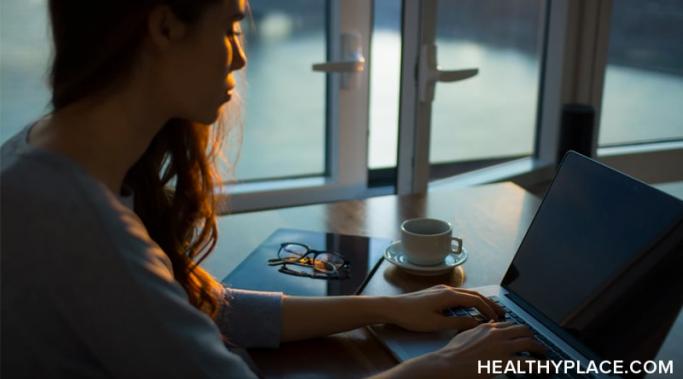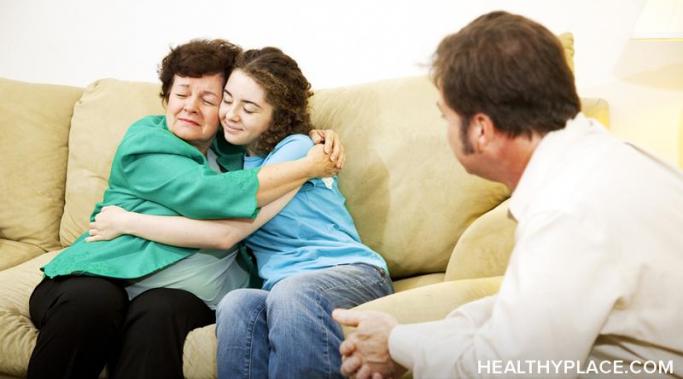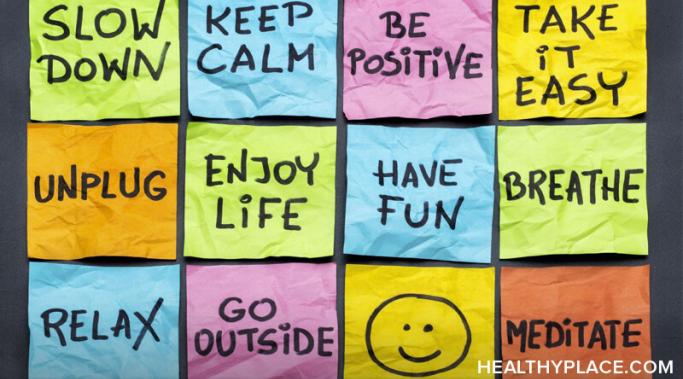Blogs
Over the past few months, my therapist and I have been talking about the power of choice in eating disorder recovery. I often think about this concept outside of therapy sessions too because it is so instrumental in my road to healing.
It's one of those days--the days where I can't get out of bed for fear of the day ahead, where I neglect to take my medication, where I cancel all plans and call in sick. I need something to make me feel better. Instinctively, I feel drawn to binge-watch my favorite TV show. That's the easiest way to forget my feelings, right? However, I know that I must replace my unhealthy coping skills with healthier ones.
I can't connect with people anymore. There are so many people in my life who I love so dearly, but lately, I haven't been able to feel connected to them in any meaningful way. Even though part of my brain is telling me that something is horribly wrong with me because I can't connect with others, I think this may actually be affecting lots of other people in recovery. So I think we should talk about some of the real reasons why I can't connect with people right now.
Decluttering your home might seem like a daunting task, but it can also serve as a self-harm distraction and help you gain control over your emotions. There's no doubt, cleaning up and organizing your surroundings has a proven therapeutic effect on your mental health.
My parents filed for a divorce when I was 10 years old. This experience uprooted the development of my childhood and aided in the decline of my mental health. Although the divorce caused me a lot of pain, I learned how to face it and move past it.
As open as I am about my depression, I'm not completely open about it. I'll talk about having depression and how dark it can get, which is done both in an effort of catharsis and to show others who may be going through the same thing that they're not as alone as depression can make us feel. It's also an important part of taking on mental health stigma, which is something I strive for whenever I can. Ironically, mental health stigma can be a part of what keeps me from being completely open about my depression.
Juliana Sabatello
Unsolicited mental health advice can contribute to the judgment and stigma we face as people with mental illnesses, even when it comes from a place of good intentions. Opinions about what we should or shouldn't do for our mental health can come off as judgmental, especially when those opinions minimize the time, effort, and research we have put into our choices.
I’ve been taking ballet classes online as a way to get exercise without going out into the cold--or into a world contaminated with the COVID-19 virus. Here’s how ballet is affecting my schizoaffective anxiety.
One of the most vital components of recovering from self-injury is learning to manage the urges that drive you to hurt yourself. Rarely is this as simple as relying on willpower alone to tell yourself "no." Enter self-harm urge surfing: a potential recovery tool that requires patience, rather than power, to use.
We may be social creatures, but other people certainly can cause anxiety. Social anxiety is largely about being around (or even thinking about being around) others and a host of worries related to others' perceptions of us. Even if you don't experience social anxiety, other people can be difficult to deal with and cause worry, agitation, or general angst. Regardless of what type of frustration or anxiety some people might be causing in your life, you don't have to let them continue to negatively impact you. Here are three ways to deal with any type of anxiety about other people.









